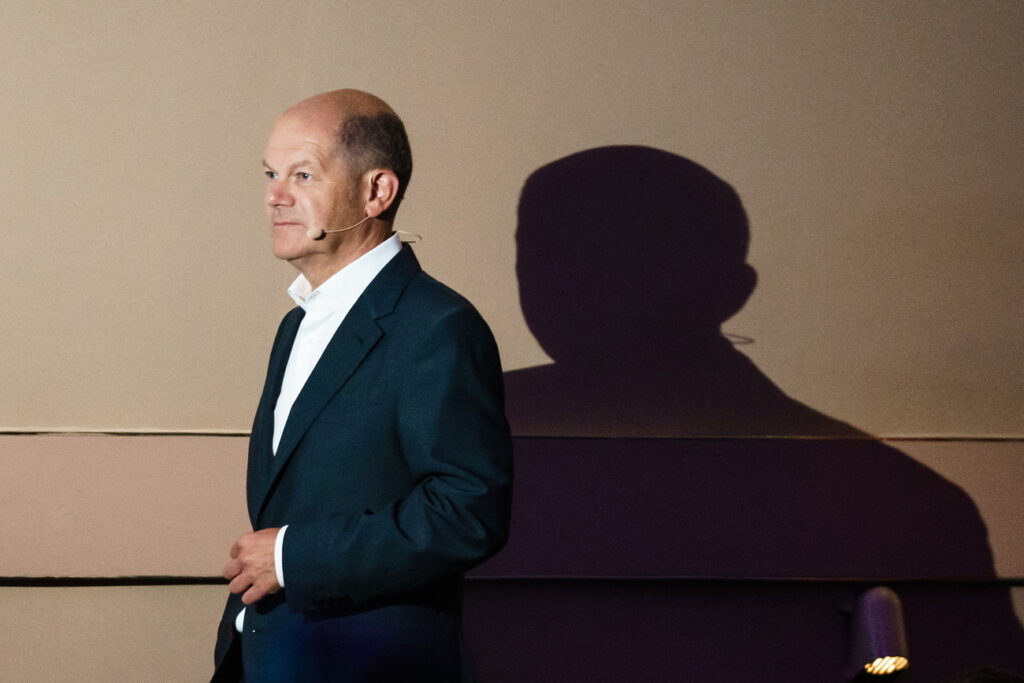Scholz’ popularity is plummeting: since the outbreak of war, only 47 percent believe that he is up to his job.
Even fewer – 37 percent – believe that he can lead Germany well through the crisis.
And even fewer – 27 percent – find him “convincing” – too timid, too sober, too undecided.
Almost reluctantly, Scholz delivers heavy weapons, while everyone around is screaming, even craving. With blood in his eyes and a sharpened bayonet.
Scholz worries that a third world war could break out. With Germany right in the middle. He wants to prevent that.
Scholz remains steadfast, he does not hang his flag in the storm of agitated emotions.
It’s hard to imagine how his predecessor would act today: Angela Merkel overcame crises by surfing the wave of the zeitgeist. Whether it was the euro rescue, the energy transition, the refugee and corona crises – she relied on her fine sense of power and majorities.
The result: At the end of their term of office, around 80 percent found their work “all in all” to be good. It’s a feat when you take the people’s word for it, even if it doesn’t correspond to the interests of the people.
It’s only now that you realize that she thought first of herself and her power. Scholz is different: he thinks of Germany first. Hopefully you don’t realize that too late.
–


